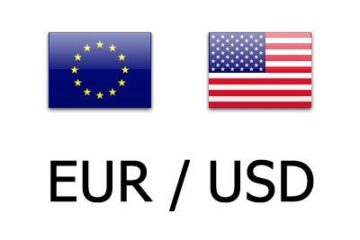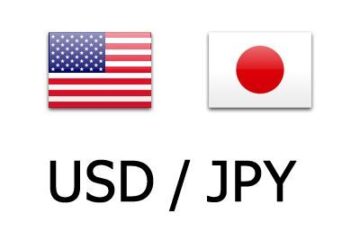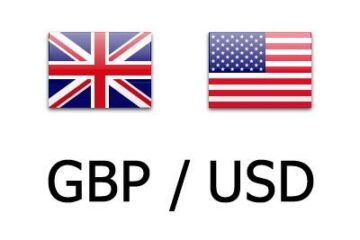CoreWeave, the cloud services startup backed by Nvidia, is finding that financial-market reality can be a lot harsher than the theoretical data its AI-powered systems analyze, train and deploy.
Hyped as the hottest IPO of the year, the Livingston, N.J., group, which began its commercial life as a bitcoin miner in 2017, was originally looking to raise around $4 billion from a Nasdaq listing that would value it at around $35 billion.
💵💰Don’t miss the move: Subscribe to TheStreet’s free daily newsletter 💰💵
Reports now suggest it’s preparing to slash those ambitions to around $1.5 billion and $23 billion respectively, with Nvidia (NVDA) stepping in at the 11th hour in the form of a $250 million stock order ahead of its Friday debut.
CoreWeave, which provides clients with cloud-computing resources powered by a large inventory of Nvidia chips, had been looking to capitalize on the AI investment wave and its close proximity to the market leader’s key technologies. CoreWeave touted a massive sevenfold revenue increase in its pre-IPO update this month.
Cloud-services group CoreWeave, with Nvidia’s backing, is likely to raise around $1.5 billion from its much-hyped Nasdaq listing on Friday.
CoreWeave
But concerns emerged as investors looked more closely at its business model — which at present relies on just two customers for 77% of its revenue — and also pegged the amount of capital spending the company would need to keep pace with Nvidia’s two-year GPU lifecycle.
London’s Financial Times in fact said earlier this week that Microsoft (MSFT) , which provides CoreWeave with around two-thirds of its revenue, had walked away from some of its commitments amid delivery and deadline issues.
And while the company pushed back hard on the report, calling it “false and misleading,” several analyst have written about Microsoft scaling back its own data-center-investment plans and rationalizing its capital-spending aims for the coming year.
Related: Analysts revisit Nvidia stock price targets after surprise demand forecast
CoreWeave: unique model, heavy debt
Amazon (AMZN) , Microsoft’s larger cloud-computing rival, also appeared to trim at least some of its near-term spending plans when it updated investors last month. Amazon suggested an annual pace over 2025 that’s largely in line with the $26.3 billion it spent over fourth-quarter 2024.
CoreWeave’s capital spending, of course, can’t be funded by current revenue, even with the addition of OpenAI as a third major client earlier this month. The group has amassed a $12 billion debt pile that could grow to around $21 billion by year-end.
More AI Stocks:
Analyst revamps Palantir stock price target after slumpNvidia stakes out aggressive future, despite investor uneaseAnalysts rework Micron stock price targets after earnings
Phil Haslett, co-founder and chief strategy officer at EquityZen, says broader macroeconomic uncertainty, paired with questions about the strength of the AI-demand story, puts the onus on CoreWeave to tell a compelling story to potential investors.
“It’s a unique business model that needs to find the right positioning,” he said. “Hyperscalers may decide to build out their own infrastructure (like Meta Platforms), but smaller tech companies could still need a scalable solution (that CoreWeave provides).”
Finding that balance might be just the reason that CoreWeave appears to be lowering both its IPO price, now expected at around $40 a share, and the number of shares it plans to sell, now pegged at 37.5 million.
Investors might be skeptical
But investors are also much more likely to question a business model that’s tied to a handful of customers, powered by debt, and burning through $8 billion in cash over its most recent financial year.
AI hype lifted Nvidia to market value of $3.5 trillion last year, but the stock is now back to essentially where it was last May, while all its so-called Magnificent 7 peers are trading negative for the year.
The Nasdaq is down 7%, gold is trading at an all-time high and tariff policies seem to change by the hour.
The market isn’t in the mood for a story. It’s looking for certainty.
CoreWeave may do a lot of things well, but it can’t deliver that.
Related: Veteran fund manager unveils eye-popping S&P 500 forecast


